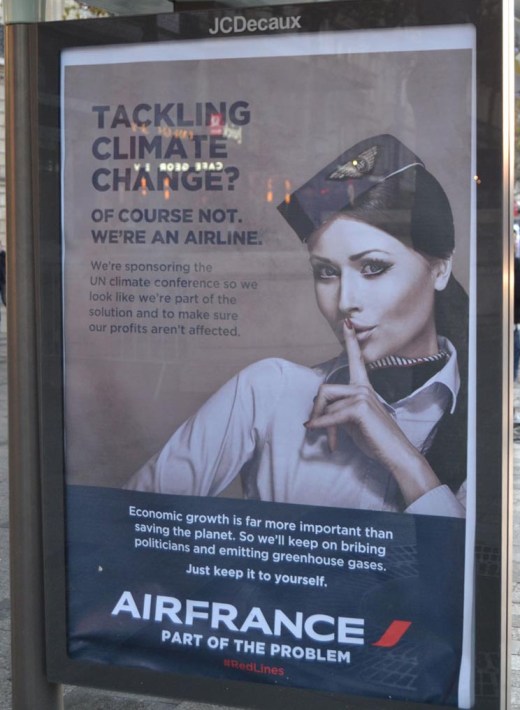Do you have that feeling that the housing market isn’t quite working? That developers are making money but communities don’t benefit much? Community land trusts are one way that communities are taking back the power over their housing. I spoke with Charlie from Oxfordshire Community Land Trust about their work and their latest campaign to create affordable housing in Oxford.
A community land trust protects land and property assets and makes them affordable for the community, whether it be for work, housing or leisure.
Their legal structures could be Industrial and Provident Societies for the Benefit of the Community, Community Interest Companies, Charitable Trusts or Companies Limited by Guarantee, but the principles are the same – ensure that assets benefits the community and not outside companies.
In Oxford at the moment Homes for Oxford, another community group is working with the trust to fundraise for their own housing development. You can learn more and donate to the work here.
What are some of the ties that hold us down and prevent us from living a life that we believe in, a life that benefits those around us and makes us feel fulfilled? For many people the answer is simply needing to pay the bills, being caught in a cycle of work to pay the rent. If we can remove the wealth extractors from our housing market we have a chance to create housing that benefits our communities, and helps give people more freedom to do what they think is right.








